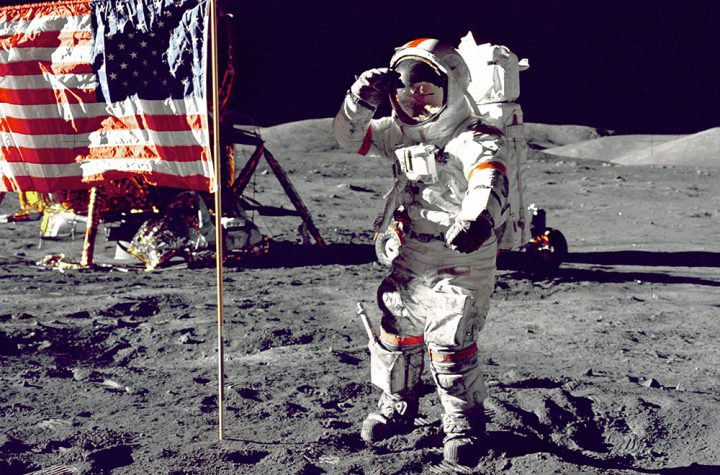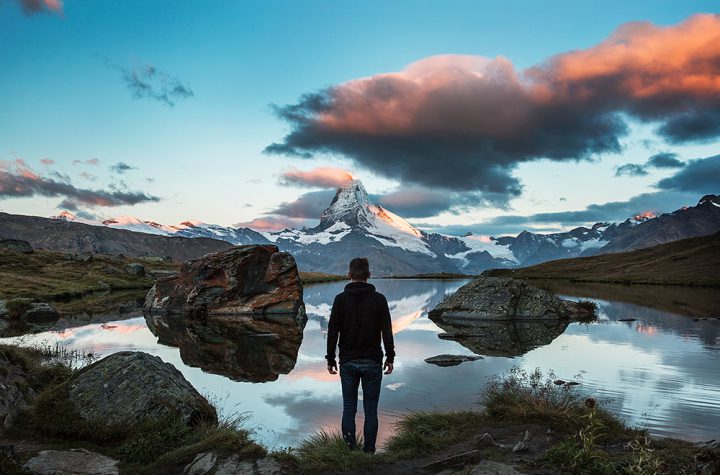
I was invited to join the vaccine trial in June, having volunteered online in March following an internet search. The invitation came in an email with the subject-line Covid-19 vaccine study, Imperial College London.
It wasnt the word Covid that got my attention; that term glared at me from every shop window, smart screen and street corner with nauseating regularity. But the term vaccine made me sit up. It suggested change, the promise of an end to this ongoing nightmare. I immediately responded with a yes.
I wish I could write that my enthusiasm came from a deeply ingrained sense of moral responsibility, but it mostly came from an intense craving to leave the house. I live alone in London, and lockdown had been an anxious blur of work and half-hearted bouts of exercise.
Anything, even becoming a scientists pincushion, sounded better than another day spent contemplating things I couldnt change, the people I couldnt see, the life I couldnt live anymore. I would not be paid but would receive travel expenses.
When I arrived at the hospital, a young doctor whisked me off to a side room. She explained that the trial was split into three phases and I was part of the first. This phase would simply determine whether the vaccine was safe. If it was, then they could proceed to stage two and measure its efficacy.
I would be given two doses and complete a series of visits over the course of one year. They couldnt be sure of the side-effects because none of this had been done before.
We went through the long list of health questions, and one that came up most often was whether or not I had any allergies
Vaccines are produced in several ways. Oxford University is using a tried-and-tested model that involves altering the virus so it cant reproduce. Imperial College London, however, is developing an RNA vaccine. It edits the genetic sequence of the virus, copying its outer casing but not the contents inside.
The body notices a spiky protein ambling through the bloodstream and produces an army of antibodies all the while being blithely unaware that the enemy is just an empty shell.
RNA vaccines are self-multiplying, reproducing inside your body so that more than two million doses can fit inside a one-litre bottle, making it potentially cheaper and easier to distribute than Oxfords version. What effect will an RNA vaccine have on me? That was, and is, anyones guess.
RNA vaccines have never before been approved for human use. Imperials version had only been used on monkeys and mice. According to an article in Nature Communications, the mice experienced few side-effects. Moreover, they developed a remarkably high immunity to Covid-19, even higher than most humans who had recovered from the illness.
Whats the difference between mice and men? Not a great deal, apparently. We share 97.5 per cent of our DNA, leaving only 2.5 per cent to keep me up at night.
The doctor launched into a rigorous health check: blood tests, blood pressure, a pregnancy test and a mountain of questions. She was thorough. Because its a trial we have to make absolutely sure, she kept saying. We went through the long list of health questions, and one that came up most often was whether or not I had any allergies.
An allergy to a vaccine isnt a pretty thing. A severe reaction can send you into anaphylactic shock, send your blood pressure plunging, and cause your throat to close. Even with a team of medics on hand theres still the risk of death.
Any allergies at all? she asked. I squinted again and took a deep intake of breath.
Cats.
Cats?
Sometimes, the fur makes me sneeze. I couldnt tell if she was smiling, but she wrote it down in big letters.
I no longer worried about the vaccine being dangerous and sometimes imagined I was surrounded by an invisible shield that repelled Covid germs
Medical trials do go wrong. In 2006, six men suffered catastrophic side-effects after taking part in a British trial for a drug designed to treat leukaemia. Within seconds of being injected the men suffered an extreme autoimmune response, with high temperatures, severe swelling and multiple organ failure.
The next week I returned for the vaccine itself. In the moment before the needle touched my arm the room was deathly quiet. I focused on my breathing. The vial emptied. Two nurses watched from the other side of the room. When they started chatting, I knew the worst was over.
I had to log any symptoms into an online diary for the rest of the week. Not that there was much to report. I felt fine. I returned for check-ups, and it became a rhythm. I no longer worried about the vaccine being dangerous and sometimes imagined I was surrounded by an invisible shield that repelled Covid germs though I was asked to behave normally, as though I had had no vaccine.
A week later I felt sick. Overworked and overtired, I slept most of the time. At the hospital, a doctor asked me to perform a series of physical tests, making me close my eyes while he prodded a folded tissue around the surface of my face, Can you feel this? What about this? When he decided I needed to take a Covid test (just in case) two more doctors emerged as if from nowhere, dressed head to toe in PPE. So much for my invisible shield, I thought.
Its negative, the nurse explained later on the phone, You probably just have a cold.
I had forgotten about colds. My relief reminded me why the trial was so important, and what would happen if it succeeded. Not only could most people be protected from getting ill from coronavirus, they might no longer fly into a panic if they did experience symptoms. A cough might become just a cough. I dosed up on aspirin and thought fondly about that possible future.
In October the doctors announced that the vaccine was safe. But, much to my annoyance, they also explained that it hadnt been effective on me. They had given me too little for it to work, and were in the process of applying for permission to run a new round of tests with a higher dose. Whats more, they wanted me to volunteer for the next phase.
You dont have to do it, of course, the doctor told me, pushing some paperwork under my nose, but do you think youd like to take part?
I squinted a little to look as if I was thinking very hard.
Yes, I replied, absolutely yes.





More Stories
After a cluster of new COVID-19 cases among the White House staff and a campaign offical, the election night watch party in the White House has become another symbol of U.S. President Donald Trump’s cavalier attitude toward a virus that is ripping across the …
Rob Lucas says the SA economy is forecast to go backwards by 0.75pc in 2020-21, a better outcome than a national economy forecast to shrink 1.5pc.
Labor and crossbench senators want changes to JobMaker, arguing too many workers will be excluded from the hiring credit scheme.